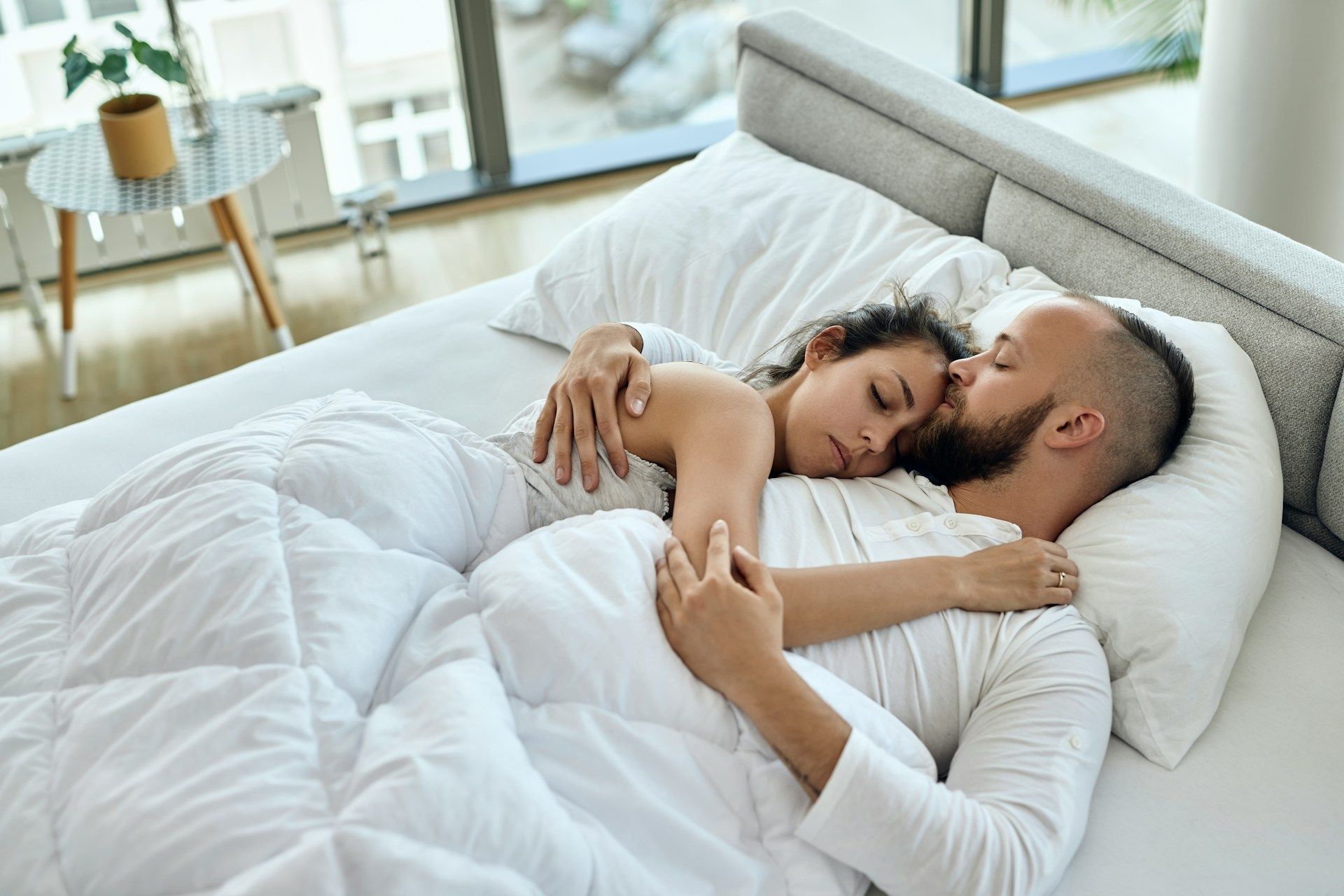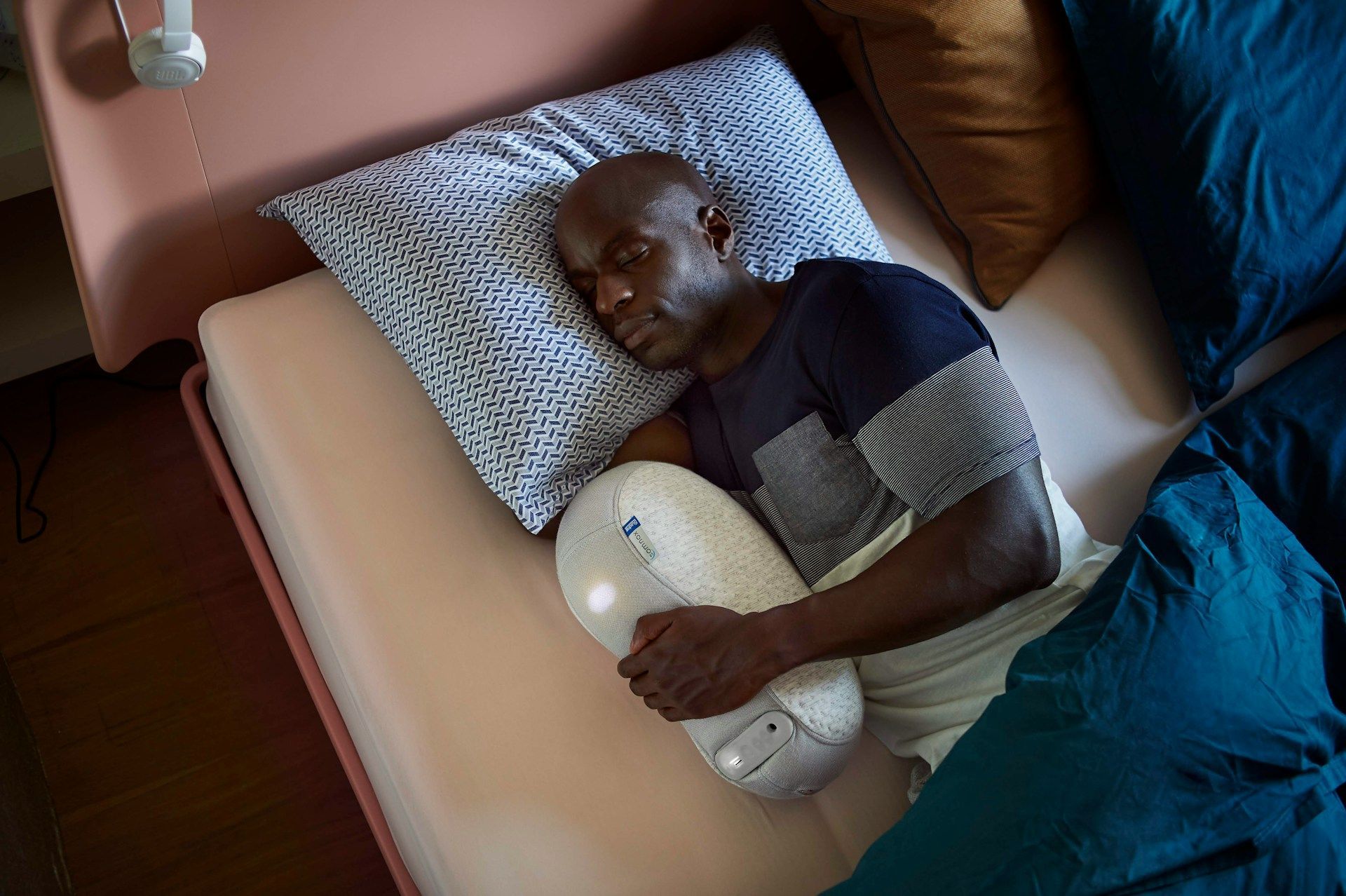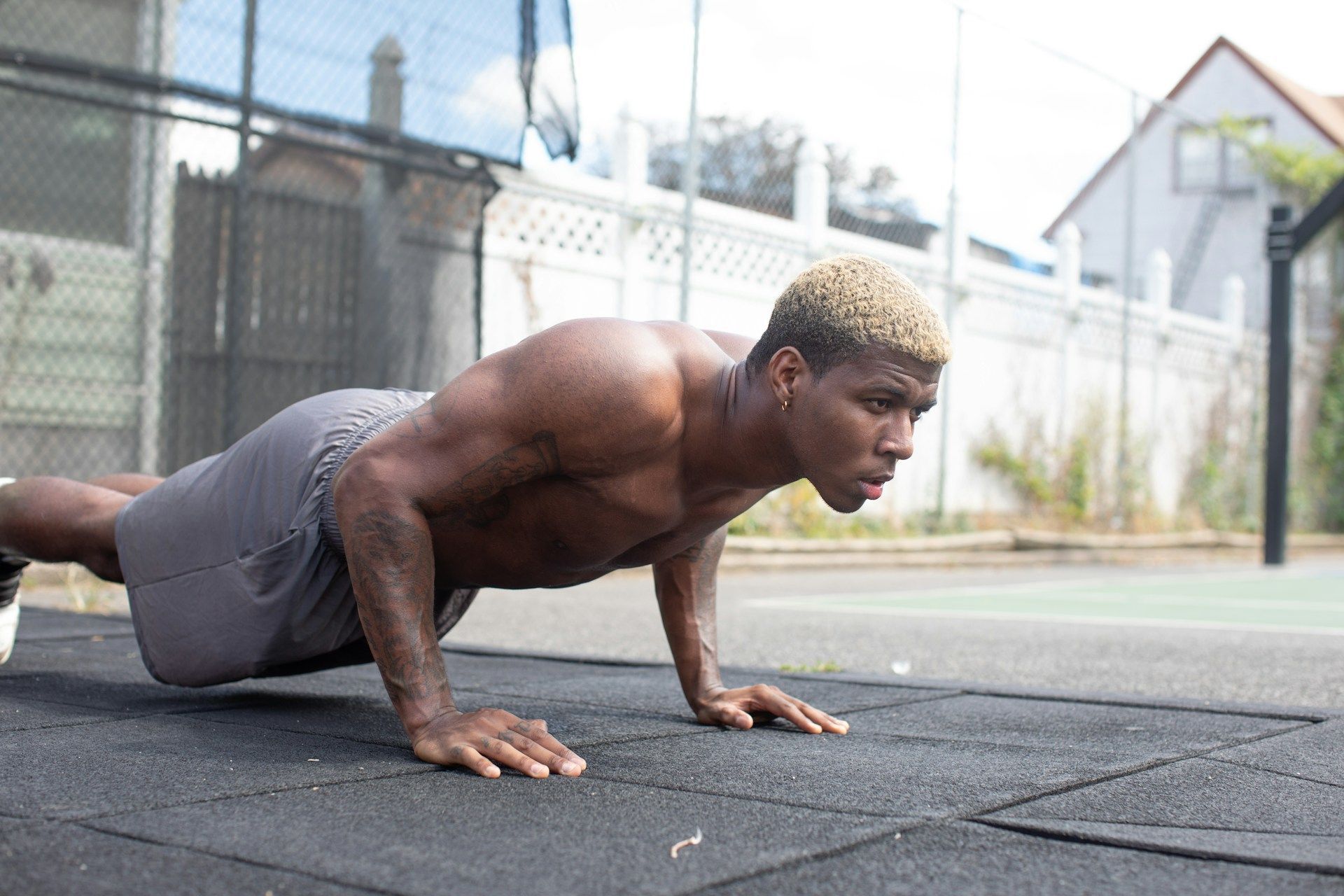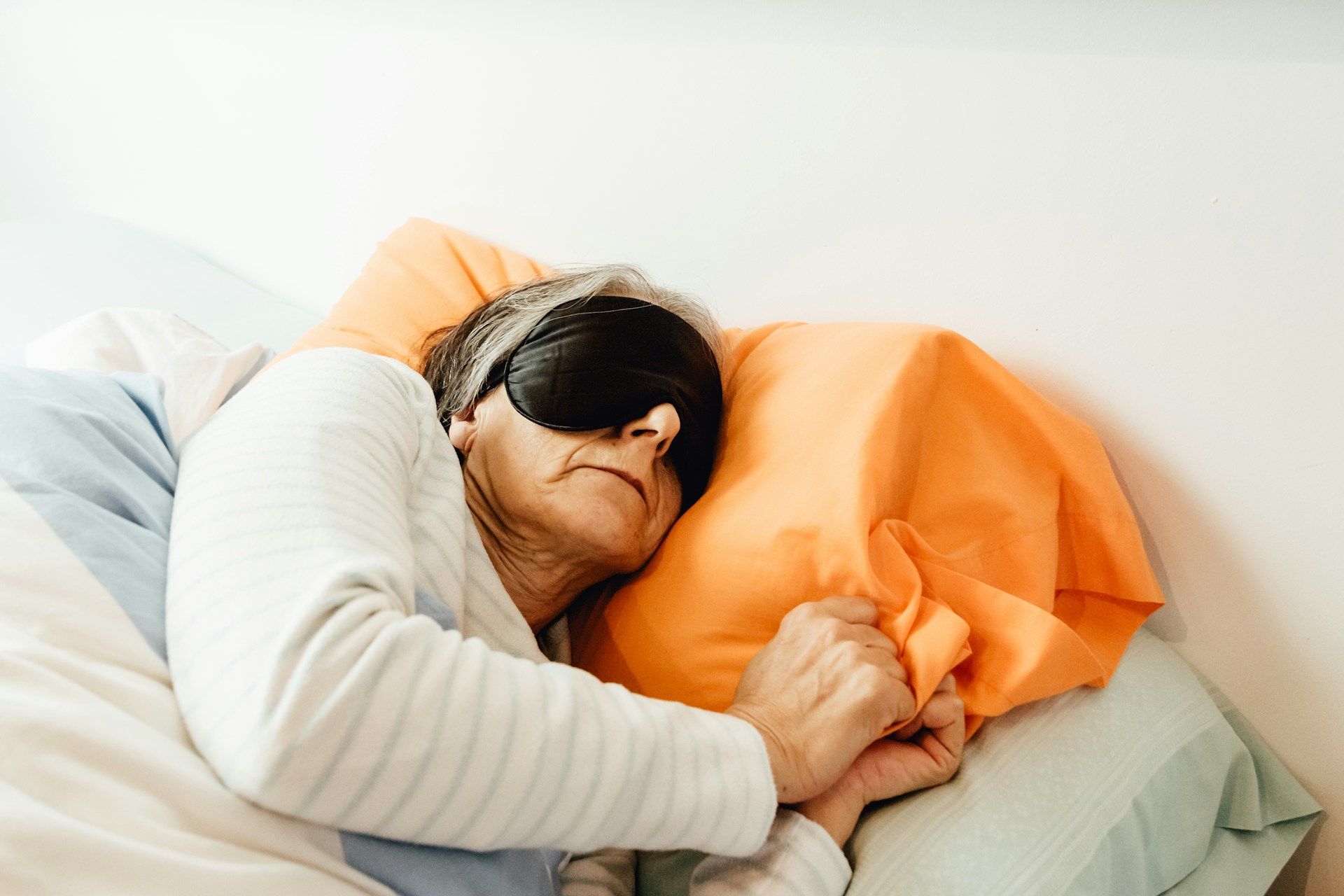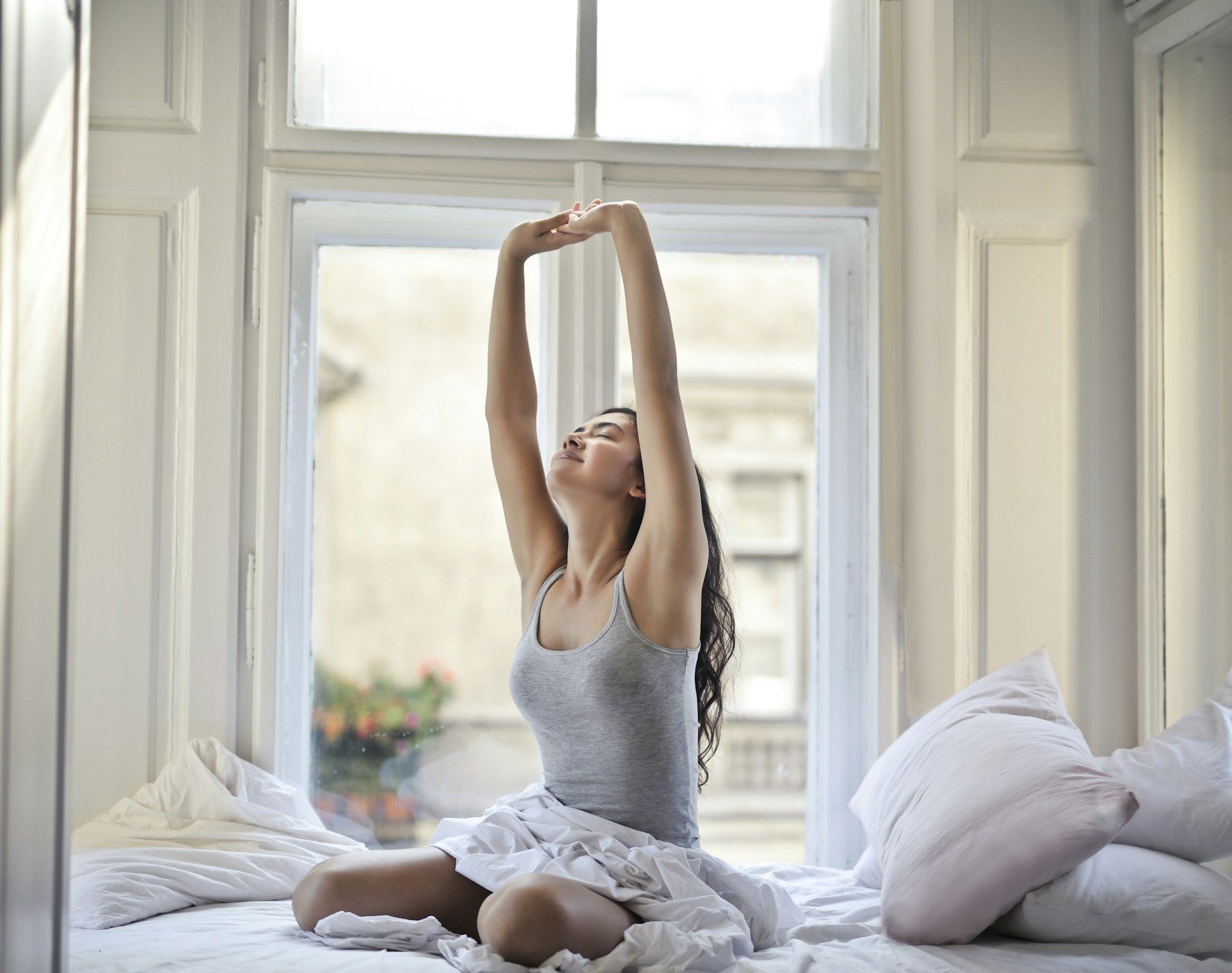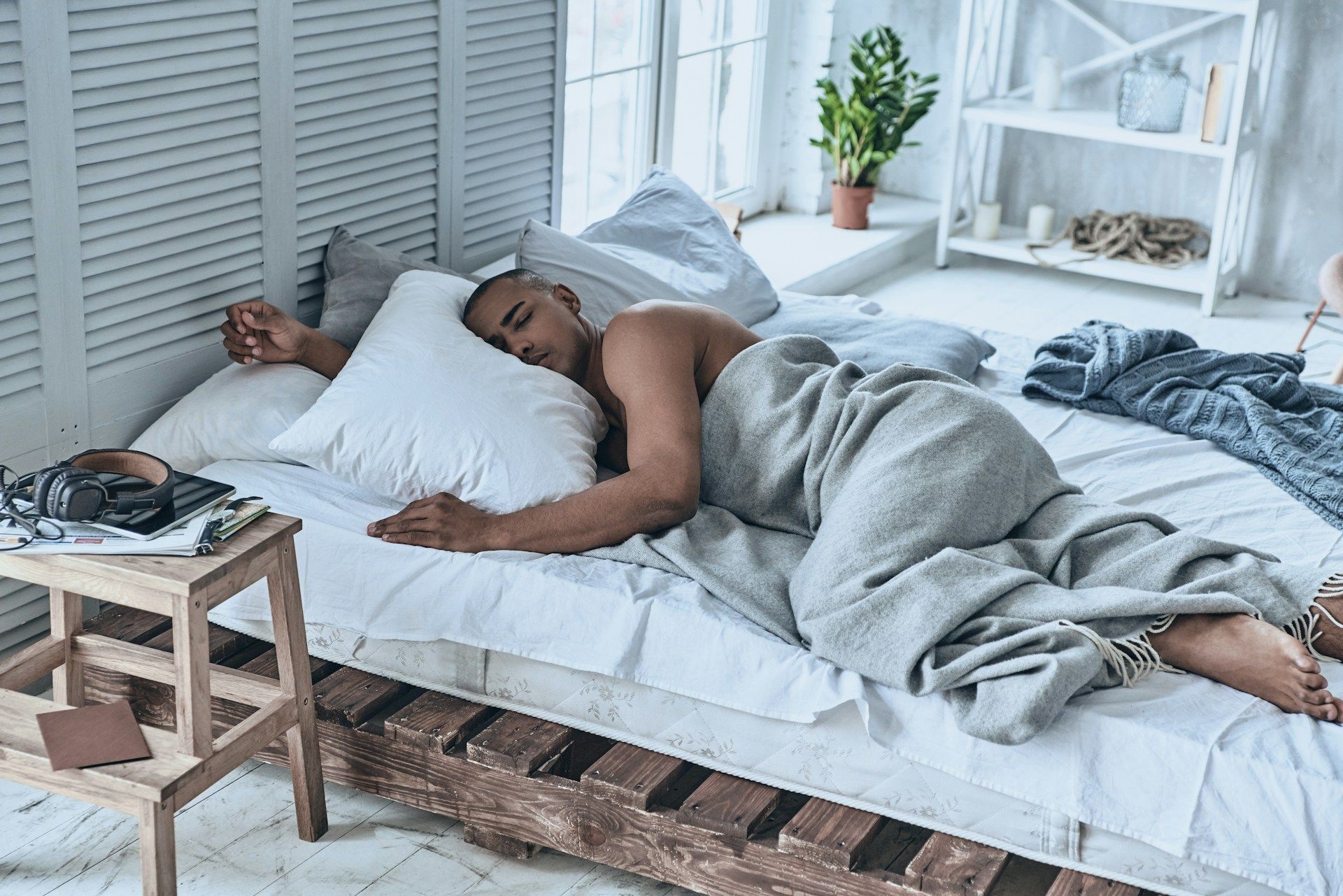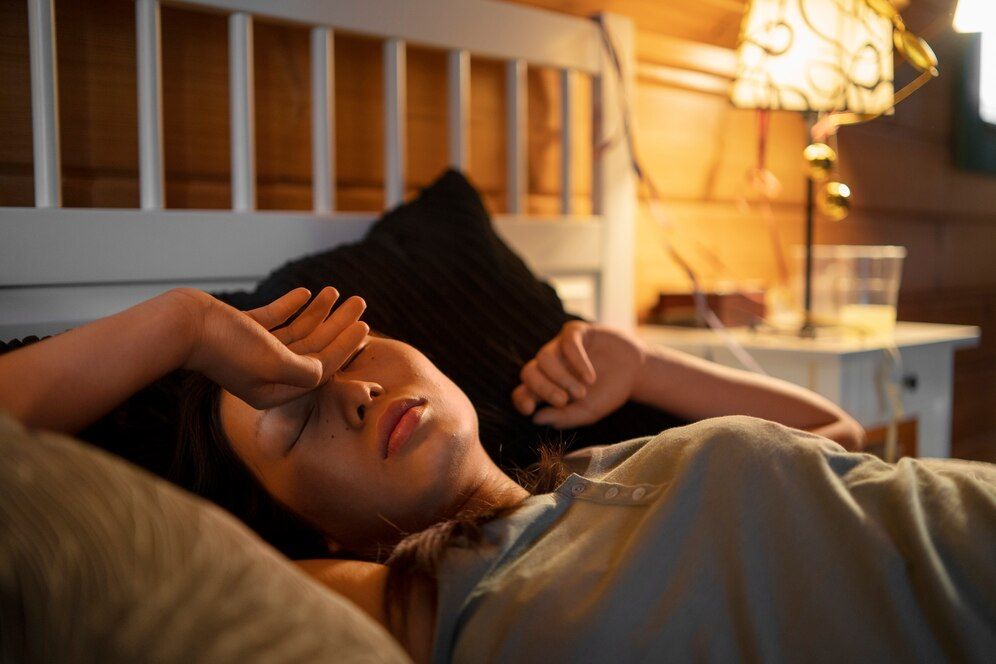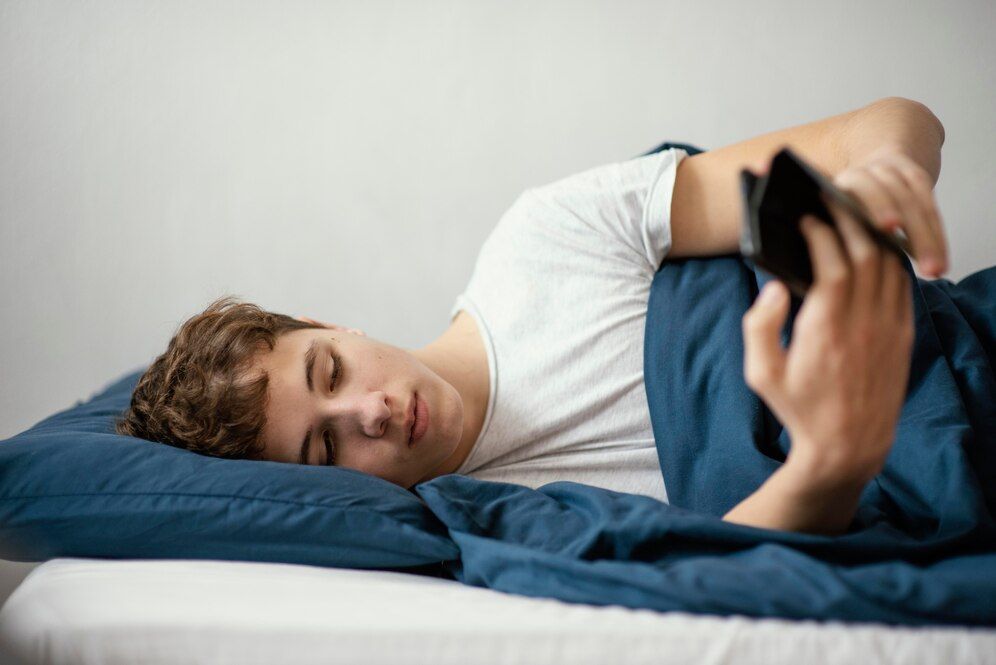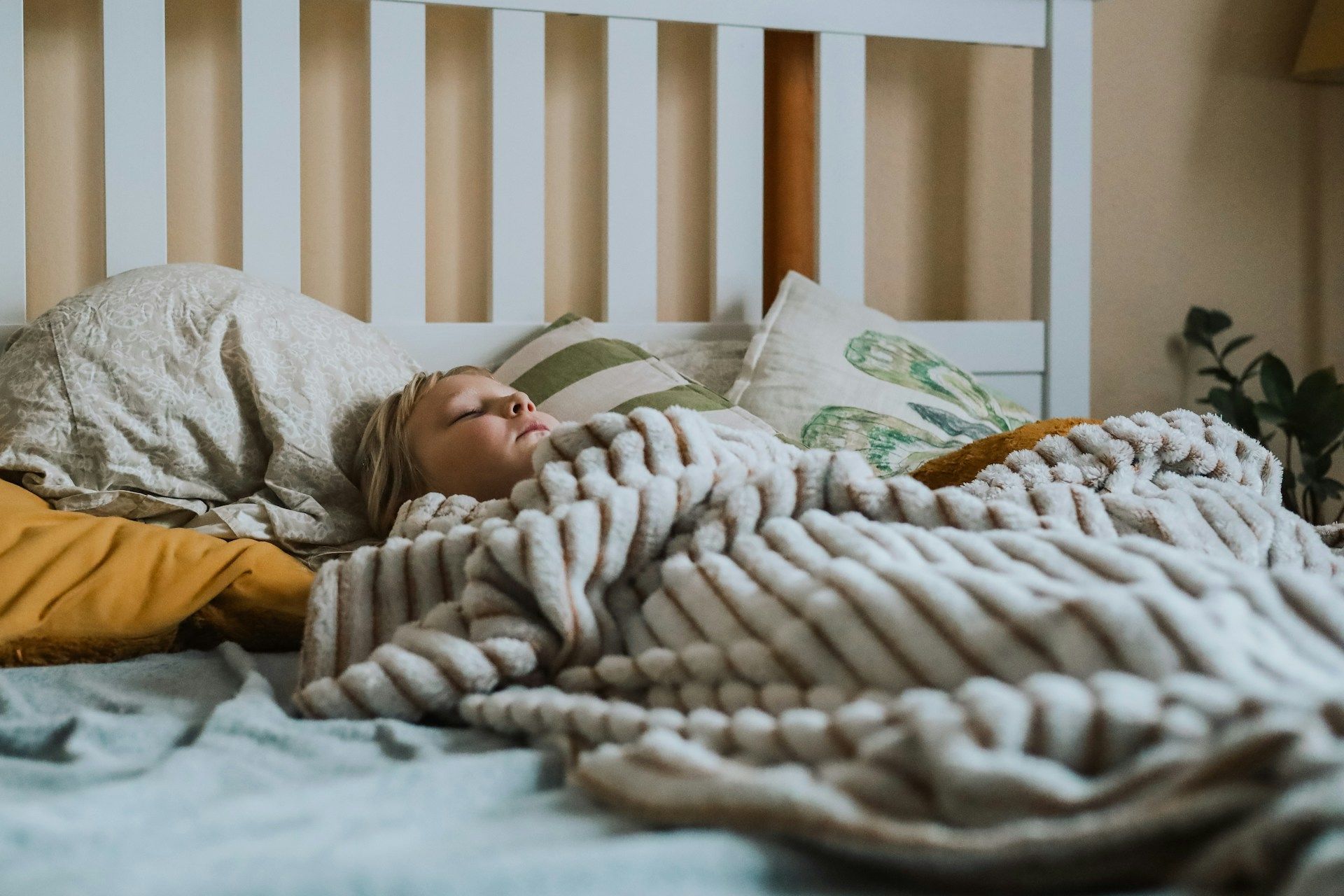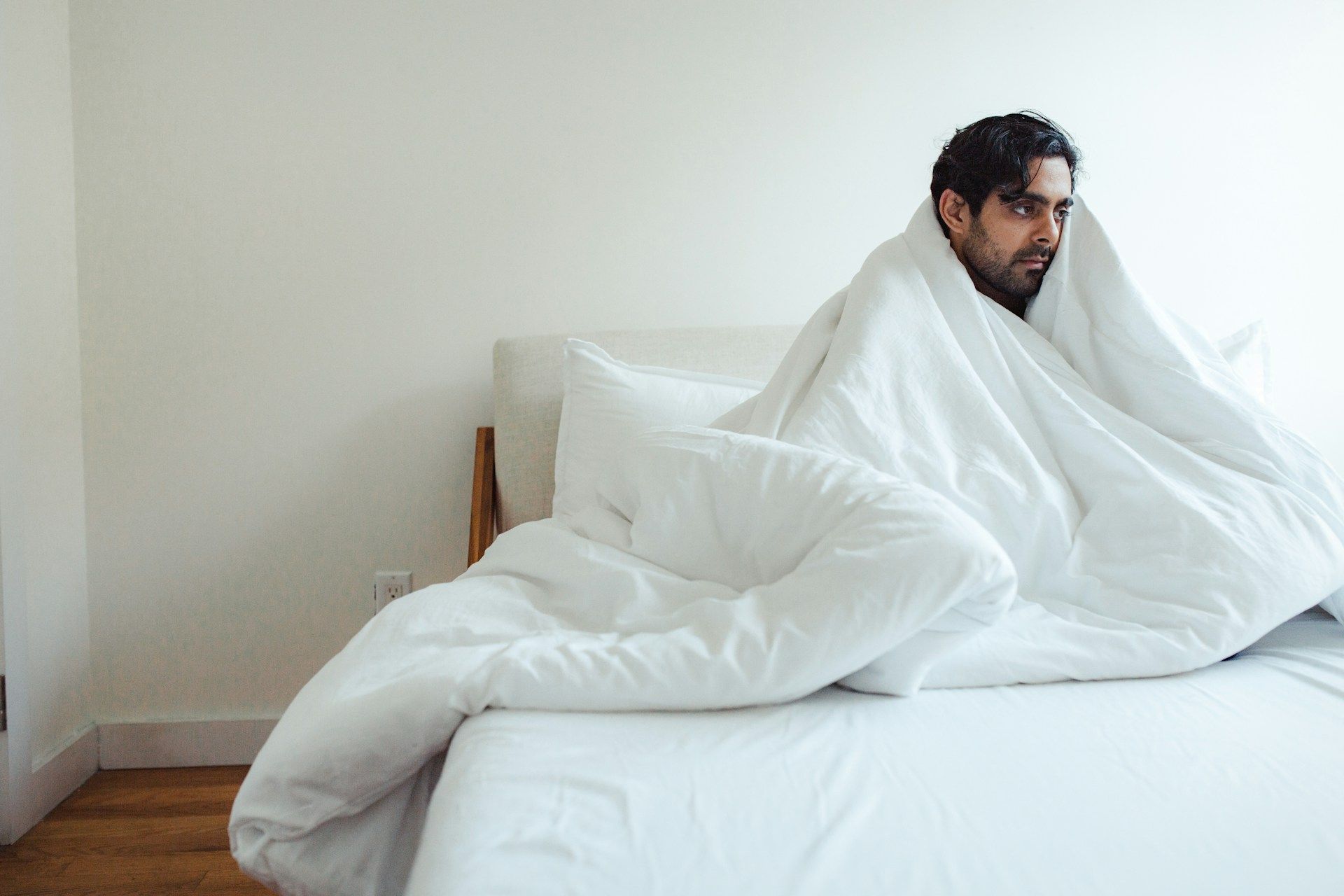Combating Sleep Apnea-Related Anxiety: Strategies for a Peaceful Night's Rest
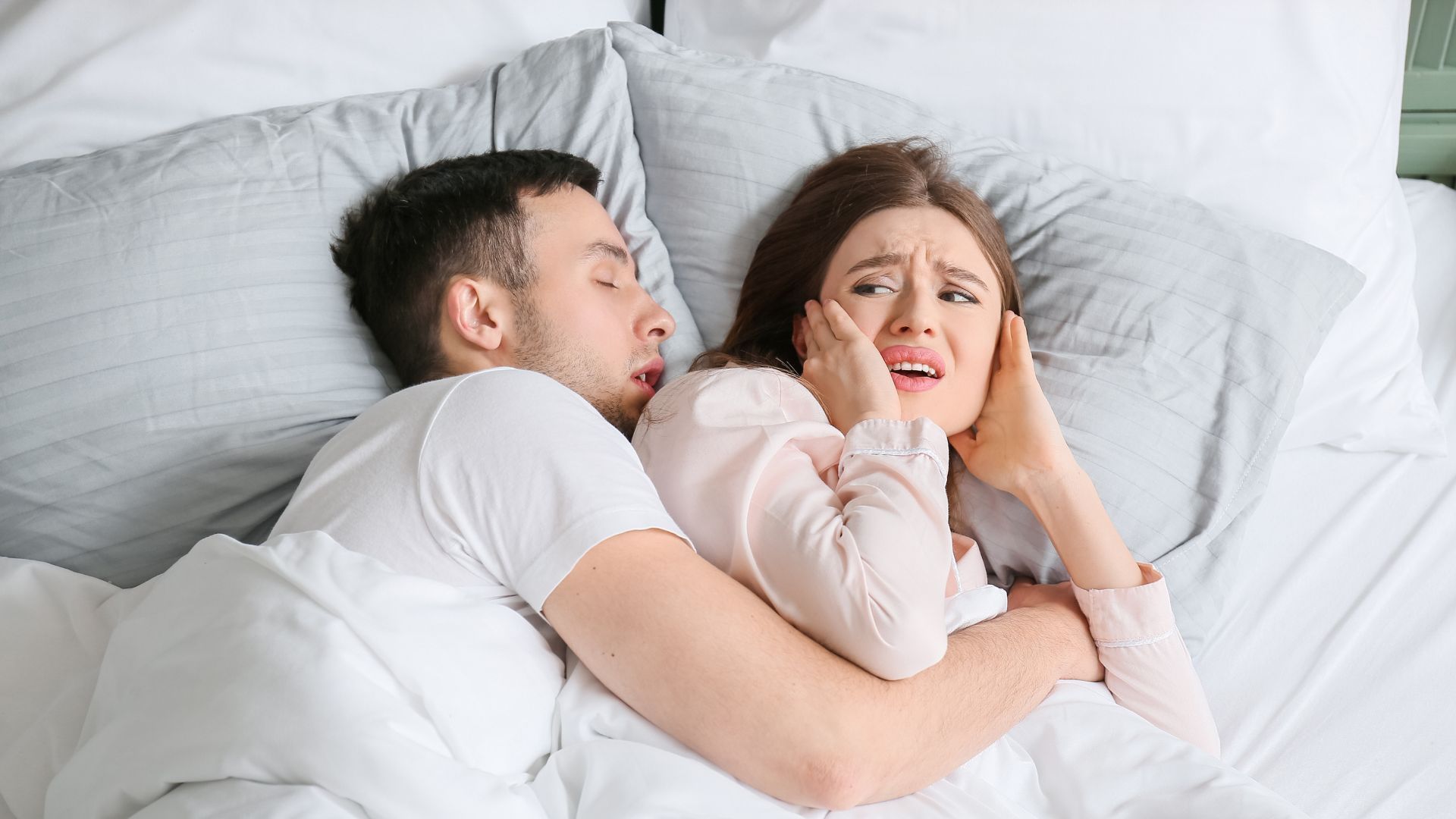
Sleep Advantage, a leading sleep apnea treatment center in Arlington, WA, is committed to providing comprehensive care for patients coping with snoring, CPAP intolerance, or other sleep apnea-related concerns. Our dedicated team recognizes the significant impact that anxiety can have on sleep quality, particularly for individuals dealing with sleep apnea. Therefore, addressing sleep apnea-related anxiety is crucial in ensuring a restorative night's sleep and overall well-being.
Sleep apnea-related anxiety can arise from various concerns, such as the fear of choking during sleep, social anxiety around snoring or wearing a CPAP machine, or stressors associated with the disrupted sleep patterns resulting from untreated sleep apnea. Left unaddressed, this anxiety can exacerbate your sleep apnea symptoms and negatively impact your physical, emotional, and cognitive well-being.
To help you manage and combat sleep apnea-related anxiety, this informative blog post will explore effective strategies focused on stress reduction, relaxation, and sleep optimization. We will discuss cognitive behavioral approaches, mindfulness techniques, optimized sleep environments, and the role of exercise and nutrition in promoting a calming bedtime routine. By incorporating these strategies into your daily life, you can lay the groundwork for a peaceful night's rest underpinned by reduced anxiety levels.
Combating Sleep Apnea-Related Anxiety: Strategies for a Peaceful Night's Rest
Sleep apnea-related anxiety can be a disruptive force in your life, making it difficult to achieve restful, rejuvenating sleep. By incorporating these effective strategies into your routine, you can reduce your anxiety levels, optimize your sleep, and improve your overall well-being.
Cognitive Behavioral Approaches for Sleep Apnea-Related Anxiety
Cognitive-behavioral therapy (CBT) is a proven technique for managing anxiety and stress, making it a valuable tool for addressing sleep apnea-related anxiety:
- Challenging Negative Thoughts: Identify and challenge negative thoughts that arise in relation to your sleep apnea or treatment, replacing them with more positive, realistic beliefs.
- Developing Coping Strategies: Work with a therapist or support group to develop personalized coping strategies for managing stress and anxiety related to sleep apnea.
- Sleep Restriction Therapy: Limiting time spent in bed can help improve sleep quality and reduce anxious concerns about falling asleep or staying asleep.
Mindfulness Techniques to Reduce Anxiety
Mindfulness-based practices can be instrumental in reducing anxiety levels and promoting relaxation before bed:
- Progressive Muscle Relaxation (PMR): PMR involves consciously tensing and then relaxing different muscle groups to reduce physical tension and cultivate a sense of calm.
- Guided Imagery: Use mental imagery to visualize a calming scene or situation, which can serve as a soothing distraction from anxious thoughts while promoting relaxation.
- Diaphragmatic Breathing: Slow, deep breathing exercises can have a relaxing effect on the mind and body, helping to reduce anxiety levels and facilitate sleep.
Optimizing Sleep Environment to Combat Anxiety
Creating a sleep environment that promotes relaxation and minimizes anxiety-inducing triggers is essential for individuals dealing with sleep apnea-related anxiety:
- Maintain a Comfortable Sleep Environment: Ensure your bed is comfortable, with supportive pillows and a mattress that suits your preferences. Keep the bedroom temperature cool and eliminate excessive noise and light with blackout curtains and white noise machines.
- Establish a Relaxing Bedtime Ritual: Develop a consistent pre-sleep routine that promotes relaxation, such as taking a warm bath, reading, or engaging in calming activities like meditation or gentle stretching.
- Remove Anxiety Triggers: Make your sleep space a stress-free zone by removing anxiety-inducing stimuli, such as work materials and electronic devices.
The Role of Exercise and Nutrition in Reducing Anxiety
A healthy lifestyle that incorporates regular exercise and balanced nutrition can significantly impact anxiety levels and sleep quality:
- Incorporate Regular Physical Activity: Engage in regular exercise, such as walking, swimming, or yoga, which is known to reduce anxiety and improve sleep quality. Aim for at least 30 minutes of moderate-intensity activity most days of the week and avoid vigorous exercise within three hours of bedtime.
- Monitor Your Caffeine and Alcohol Intake: Both caffeine and alcohol can contribute to anxiety and disrupt sleep patterns. Reduce your consumption of these substances, particularly in the hours leading up to bedtime.
- Maintain a Balanced Diet: A well-rounded diet that includes lean proteins, whole grains, fruits, and vegetables not only supports overall health but also assists in reducing anxiety and stabilizing mood.
Conclusion
Addressing sleep apnea-related anxiety through a combination of cognitive behavioral approaches, mindfulness techniques, an optimized sleep environment, and a healthy lifestyle with regular exercise and balanced nutrition can significantly improve sleep quality and support successful sleep apnea management. By incorporating these proactive strategies into your daily routine, you can reduce your anxiety levels, create a calming bedtime environment, and lay the groundwork for a peaceful, restorative night's sleep.
At Sleep Advantage, our team is dedicated to providing comprehensive care and support for individuals grappling with sleep apnea. By empowering our patients with the knowledge and tools necessary to address sleep apnea-related anxiety, including
alternatives for cpap machines, we strive to enhance the effectiveness of sleep apnea treatment plans and help our patients achieve the restful sleep they deserve.

